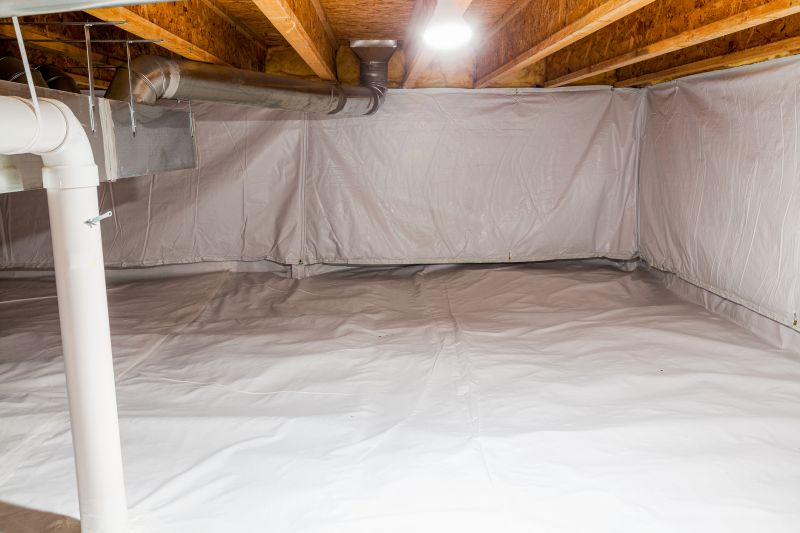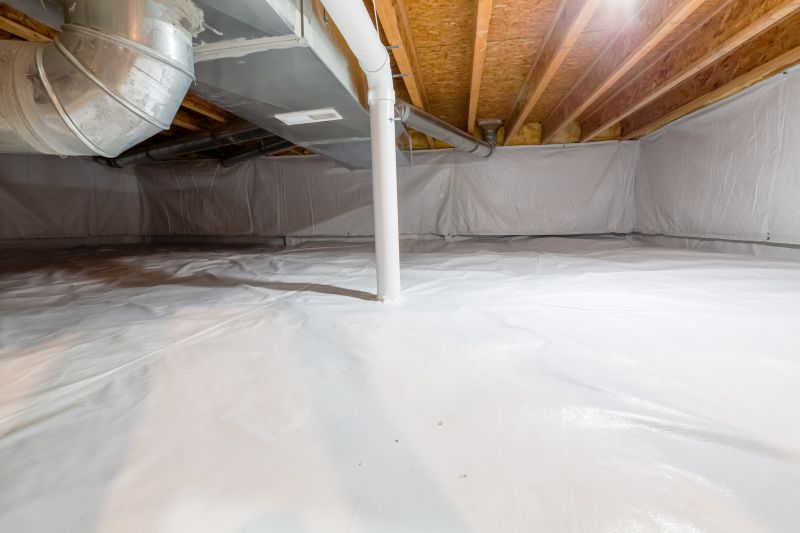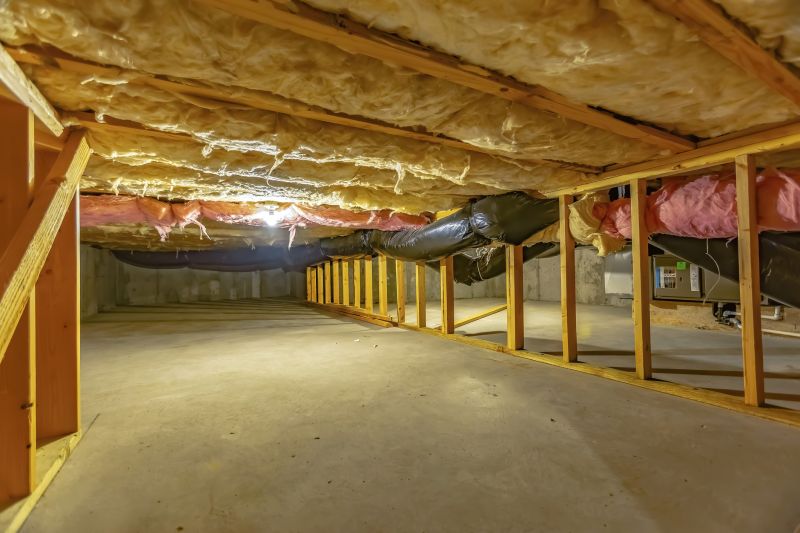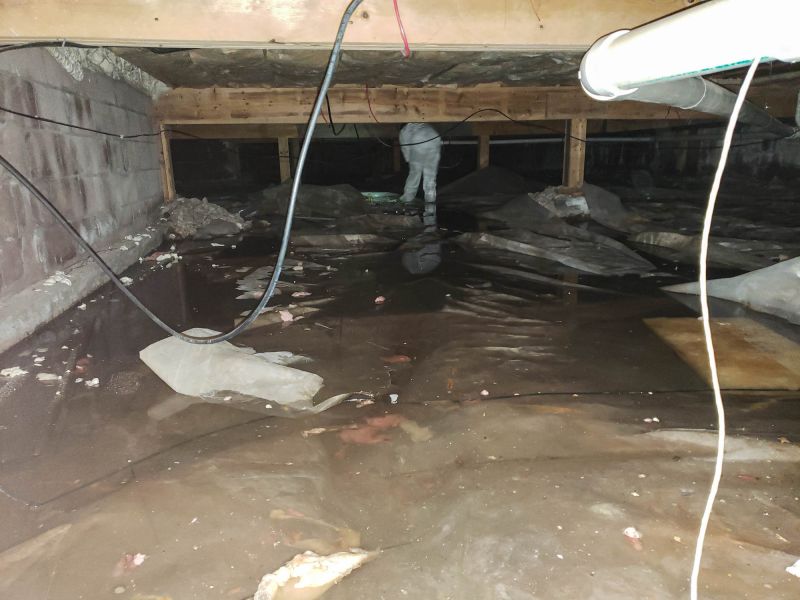Reliable Crawlspace Sealing to Prevent Damage
Crawlspace encapsulation is a comprehensive process that involves sealing and insulating the crawlspace to improve indoor air quality, prevent moisture issues, and enhance energy efficiency. Proper encapsulation creates a barrier against moisture, pests, and mold, contributing to a healthier and more comfortable living environment.
Encapsulation helps prevent excess moisture from seeping into the crawlspace, reducing the risk of mold growth and structural damage.
Sealing the crawlspace reduces energy loss, leading to lower heating and cooling costs.
By eliminating mold and pests, encapsulation improves indoor air quality and reduces allergy symptoms.

Image of a fully encapsulated crawlspace showcasing sealed walls and insulated flooring.

Photo highlighting the vapor barrier installation that prevents moisture intrusion.

Image of insulation being installed within the encapsulated crawlspace for temperature regulation.

Photo of the finished encapsulated space with a clean access panel.
Failure to encapsulate a crawlspace can lead to serious issues such as increased humidity, mold growth, pest infestations, and structural deterioration. Studies show that unsealed crawlspaces can contribute to indoor humidity levels exceeding recommended standards, promoting mold and allergen development. Additionally, moisture infiltration can cause wood rot and compromise the foundation, leading to costly repairs.
| Risks of Not Encapsulating | Potential Consequences |
|---|---|
| Mold and Mildew Growth | Health problems and property damage |
| Increased Energy Costs | Higher utility bills due to air leakage |
| Pest Infestations | Damage to insulation and structural components |
| Structural Deterioration | Foundation issues and wood rot |
| Poor Indoor Air Quality | Allergy and respiratory problems |
| Higher Repair Expenses | Costly remediation and repairs |
| Decreased Home Value | Reduced market appeal |
Investing in crawlspace encapsulation enhances home durability, reduces energy expenses, and promotes a healthier indoor environment. Proper sealing and insulation are essential for maintaining structural integrity and preventing moisture-related problems that can escalate over time.

